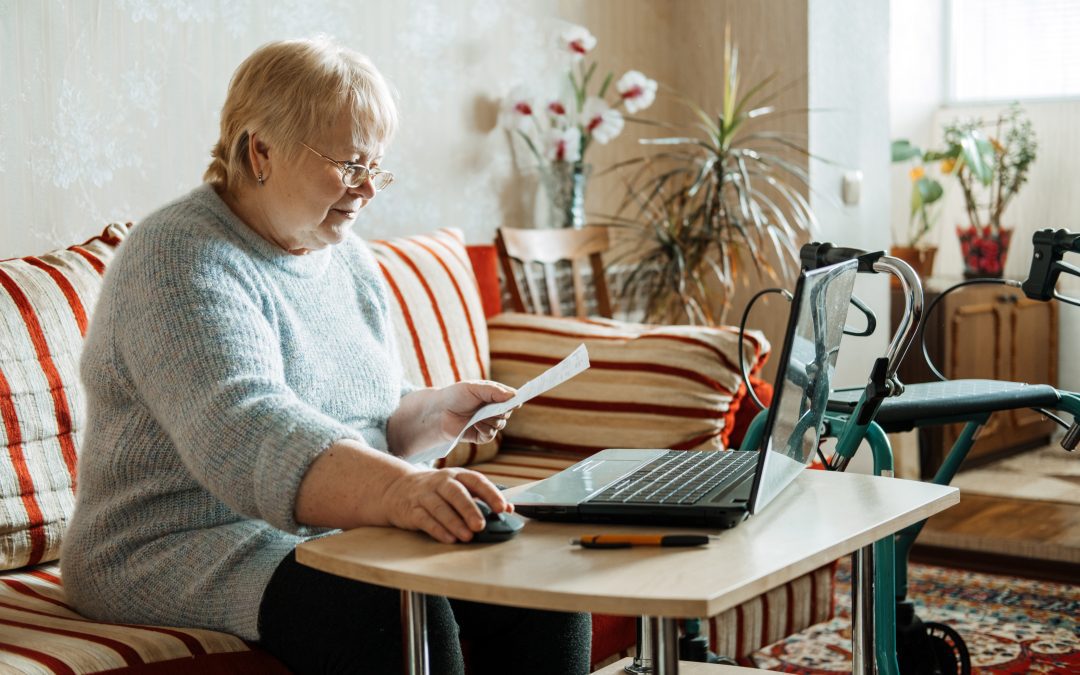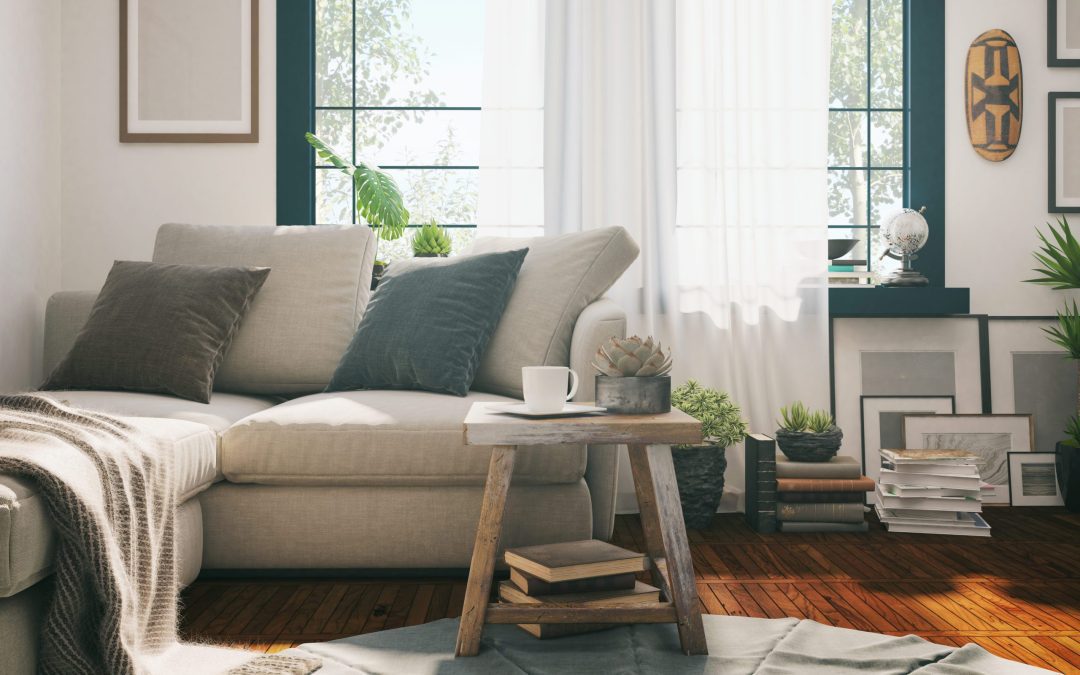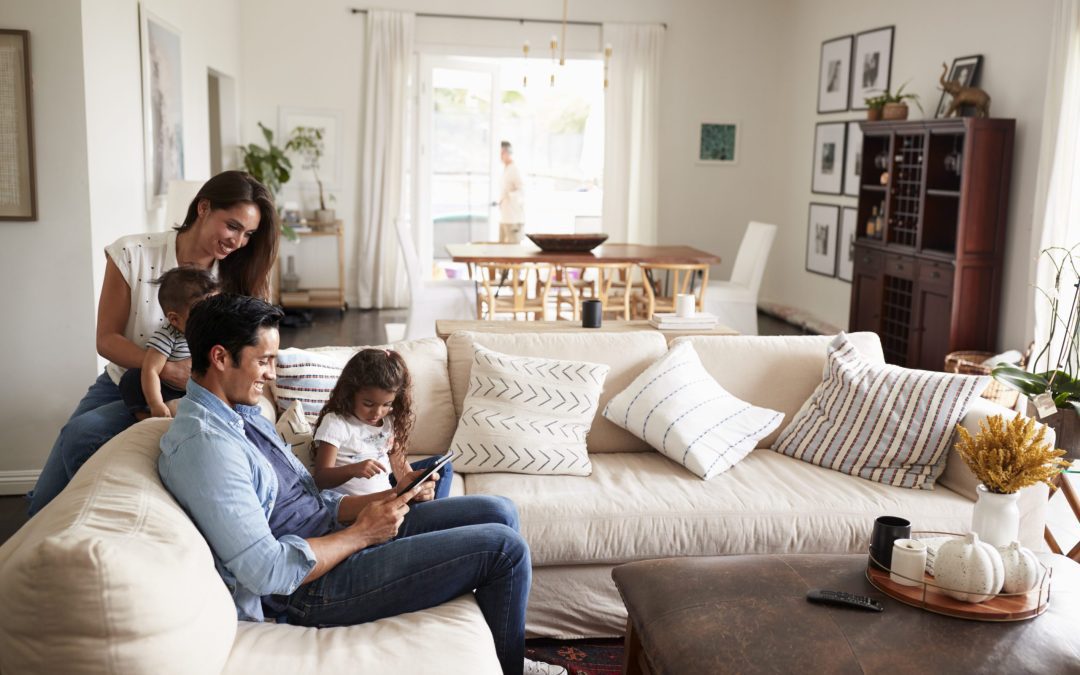It is an exciting time when considering purchasing your first property, irrespective of how old you are or what you can afford to buy. It is also a daunting prospect becoming the owner of your own home but once you are through the front door it is one of the most satisfying feelings in the world!
Tips for First Time Buyers
But, before you get through the front door having completed on the purchase there are a myriad of things that you need to do to be able to get there. Find more information about First Time Buyer Mortgages to help prepare you to get onto the ladder. This article looks at the process from considering buying through to completion.
So, you have got all your finances in place, got a deposit saved and are in good shape to consider purchasing your first home!
Finding value for money
Firstly it is no good simply looking at properties and fantasizing about what you would like to be able to buy, and what in reality you may be able to afford. The key to successfully purchasing your first home is understanding what is in your price range and what is affordable when it comes to mortgage payments.
On that basis there are some options available to you to find this information out
- Look on the web and play around with some affordability calculators on lenders websites
- Speak to your bank to understand what they may look to lend you
- Sit down with a qualified mortgage broker, who will be able to assess your situation and tell you unequivocally what you can borrow up to.
The web will give you some basic information, your bank will only give you one figure of what you can afford, a mortgage broker will tell to the maximum you can afford. The difference in lenders affordability ranges can be vast. These will depend on the amount that they will multiply your income by, how long you can take the mortgage over, what age you can take the mortgage to, what commitments they will take into considerations…. So you may visit your local bank and be told you can borrow ‘X’, but a broker may actually tell you that you could borrow considerably more simply by taking your mortgage with another lender, how offers a better affordability multiplier, at a similar rate.
Begin looking for properties
Once you know what you can afford it may then be the case that you are in a position to start looking for properties, or it may be the case to go back to the drawing board to save a larger deposit, clear down some debt, look at different purchasing options like Shared Ownership.
If you are in a position to start looking it is key that you are in a ‘position to proceed’ as Estate Agents will only generally put offers to vendors if the purchaser can prove that they have access to the finances need to buy the property. To be viewed as ‘proceed-able’ your broker will be able to provide a Decision In Principle, which is a good sign from the lender that they will be willing to lend the money providing you can evidence what you have told them. So, it is no good simply knowing what you may be able to afford, but it is also important that the lender/lenders are happy with your credit profile and current financial position.
Given you know what you can afford and that there is a lender likely to provide the funds you can now start looking for properties in earnest. This is the exciting part where you start to book viewings, get information on new houses coming onto the market and thinking if/how you could live in the properties you are viewing… will the bed fit, is there enough space for parties, is it close enough to the amenities/schools you need etc…
Negotiate prices
Given you are a First Time Buyer you have a strong hand to be able to negotiate on price as you come without a chain and are normally in a position to be flexible with completion dates. Not every vendor will be willing to negotiate, but the majority will.
- It may be that they want a quick sale and your offer vs. someone needing to sell a house and potentially creating a long chain, so you are seen as the best option for them and they are therefore willing to accept a lower offer for a quicker/easier sale.
- Remember the adage ‘You can always go up, but you can’t come down’ in negotiating on a house purchase. If you start too high then you may well spend more than that vendor would be willing to accept. Start low, not too low though so as to alienate or annoy the vendor, and then work your way up in subsequent offers if required.
- Only offer what you can genuinely afford, there is no point stretching yourself to the absolute maximum only to then move in and not be able to enjoy your new home.
- Don’t be afraid to walk away from a property if you don’t negotiate the price you have set yourself, there are lots of other properties out there and, you never know, the vendors may in time come back and accept your offer if they are not having any luck in achieving the price they want.
Applying for a mortgage
Great news, your offer has been accepted now it’s time to get down to work and apply for the mortgage!
If you have spoken to a broker go back to them to confirm the offer price, type of property, timescales to exchange/completion etc… as this may have an impact in the lender, and also timescales to getting the mortgage arranged. It is unlikely to simply be a case of submitting the application with the lender who provided the initial Decision in Principle. They will review rates and lenders criteria to ensure that you get the best rate applicable to your circumstances, with the best lender, as time may have lapsed and rates/lenders criteria may have changed since you initially discussed things.
Once the broker has reviewed everything they will then present their recommendation and confirm the rationale for this, as well as covering off other important aspects when taking out a mortgage such as relevant insurances to ensure that in most cases, you will be able to remain in your home without stress or issue.
The broker will then arrange the application and manage this through to offer, review the purchase with your solicitor to ensure everything is on track for completion, keep the estate agent up to date with the progress of the mortgage and in an ideal world take all of the stress out of the process for their client.
Once the mortgage has been offered your solicitor will now be the main point of contact as they will ensure that the necessary due diligence is completed regarding the property you are buying and confirm that there are no issues with the title, planning, services etc… as well and covering off all the necessary discussions and enquiries with the vendor’s solicitor. Once your solicitor is happy they will set an ‘Exchange’ Date, this is where you enter into a formal contract to purchase the property. Once this has happened completion will then be set and the funds requested from the lender.
Once the funds have been received by the vendor’s solicitor you will have completed on your first home! The vendor’s solicitor will confirm that completion has taken place to the estate agent/developer and you can finally get the keys to your new kingdom!




